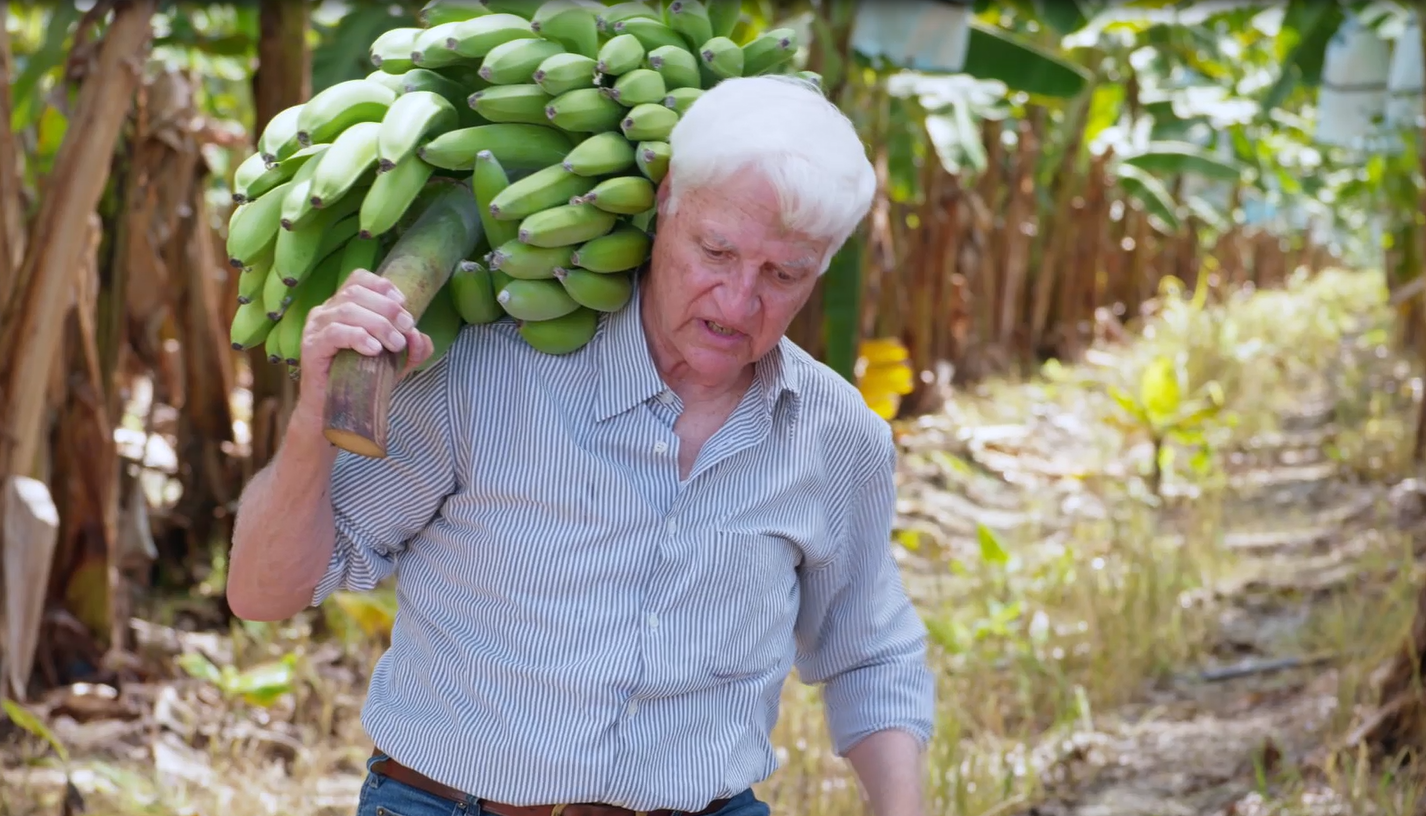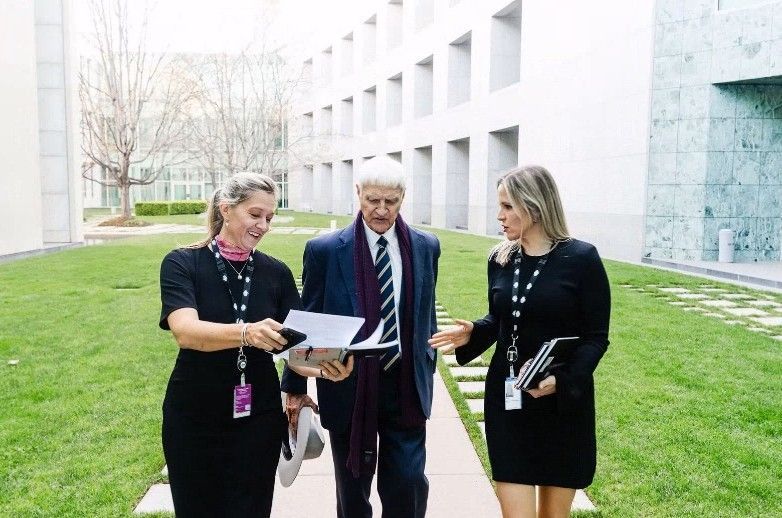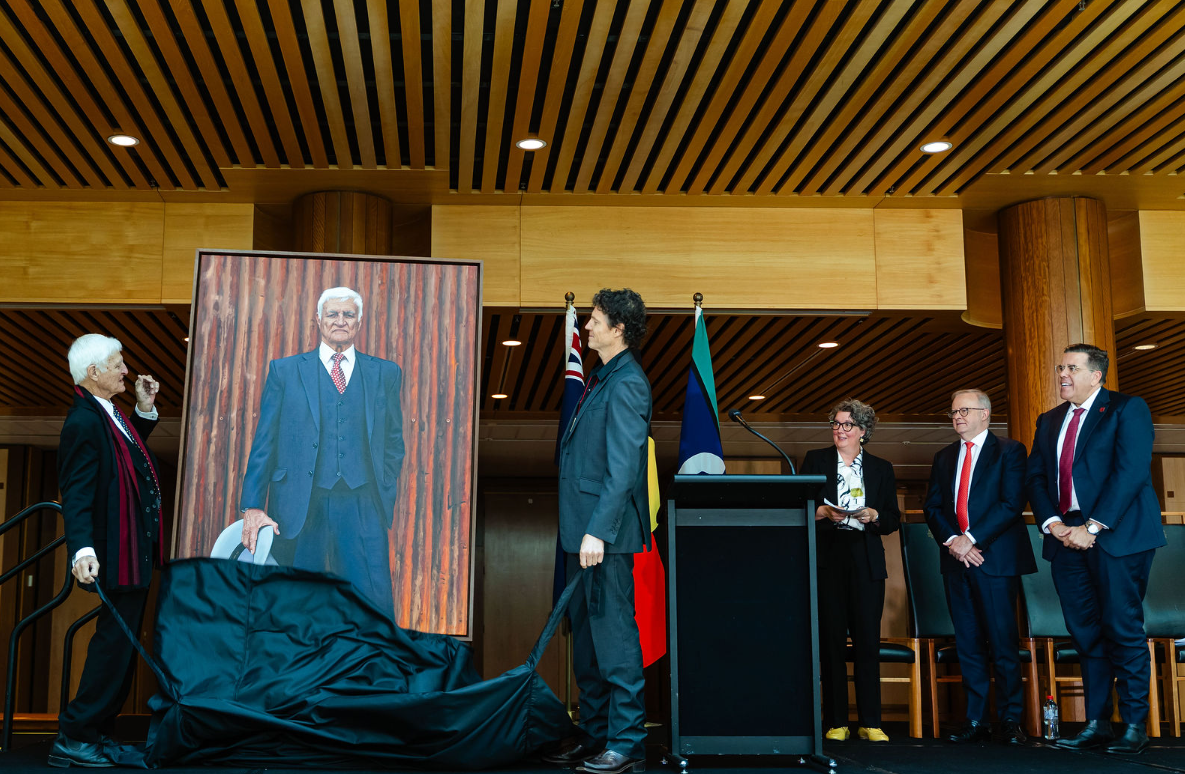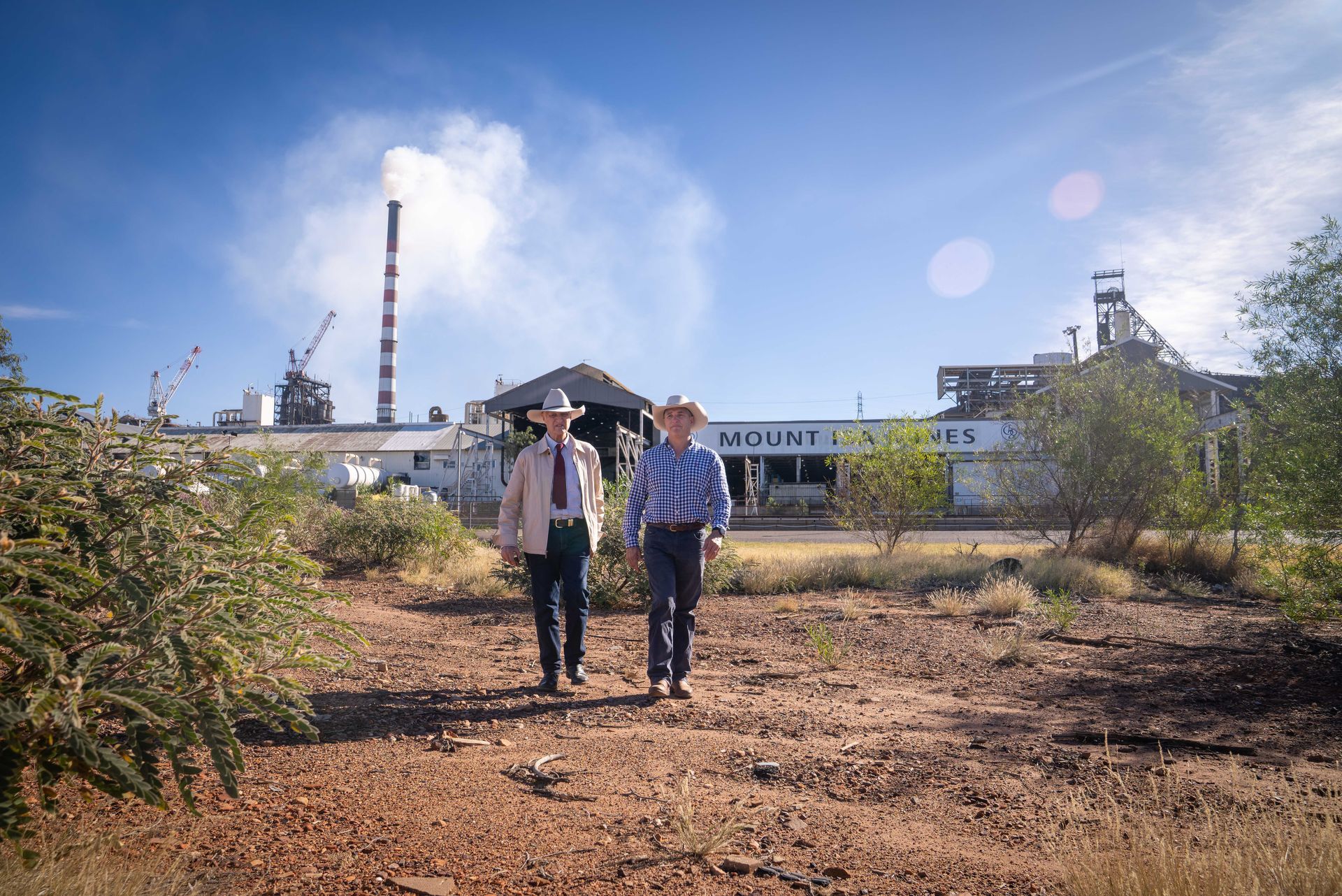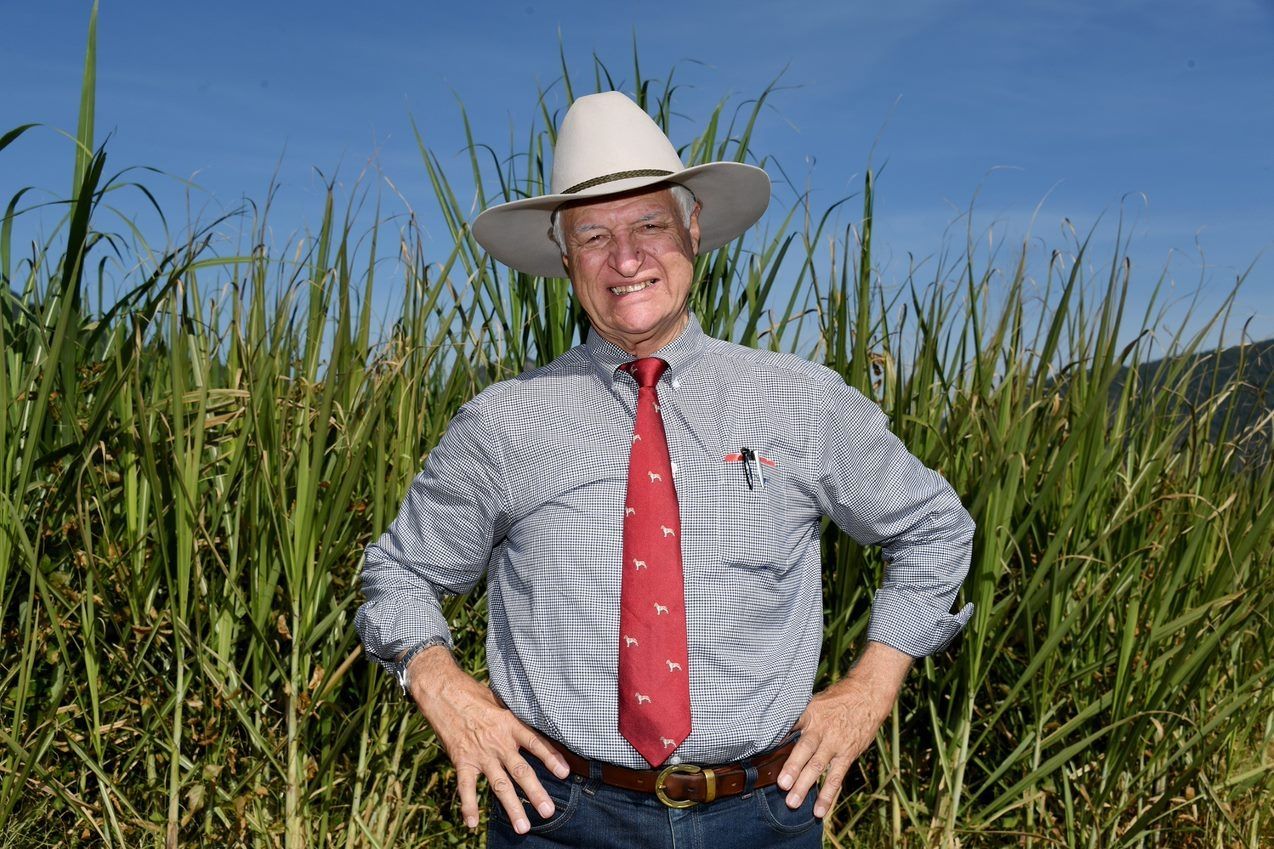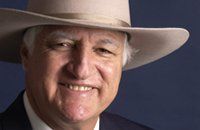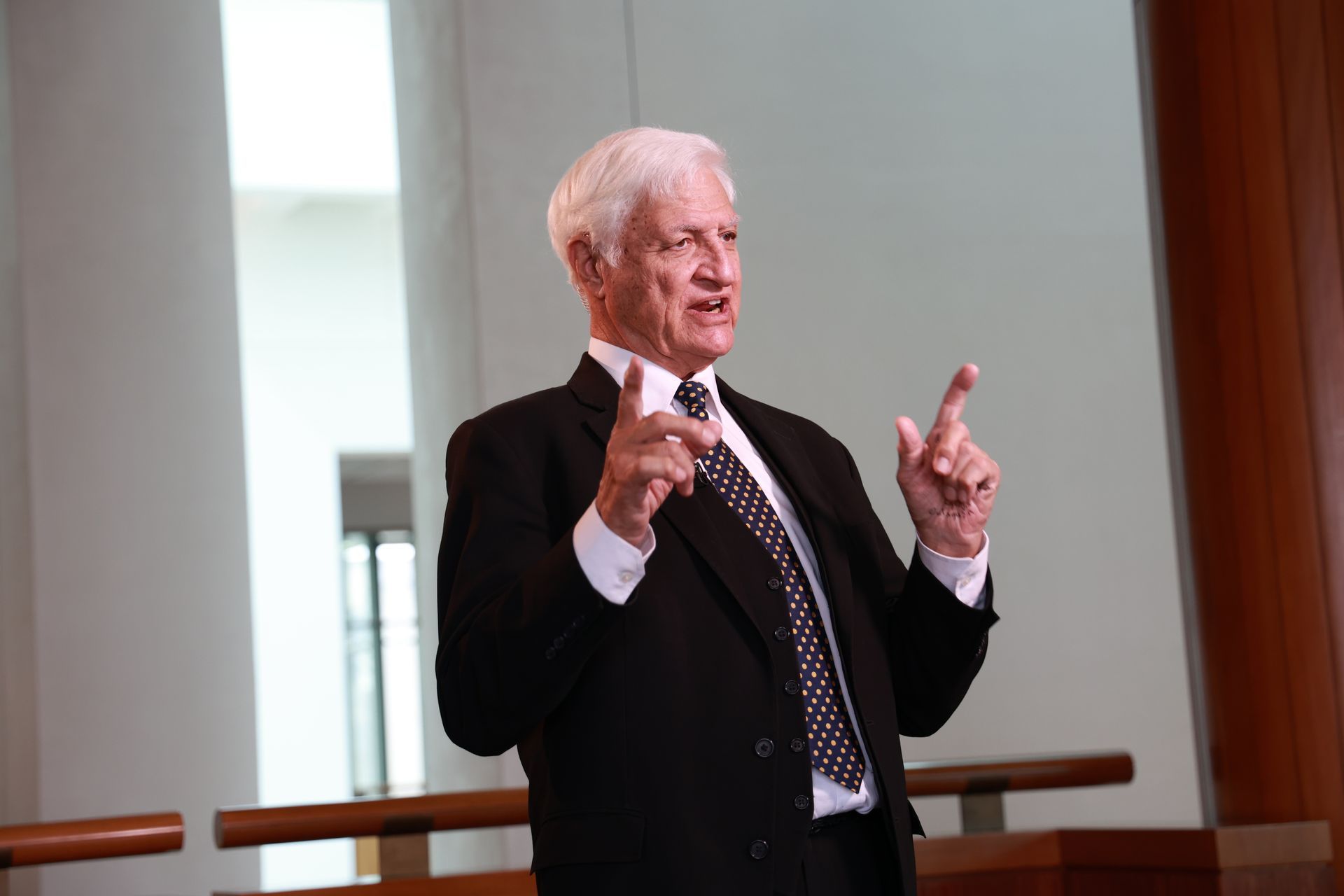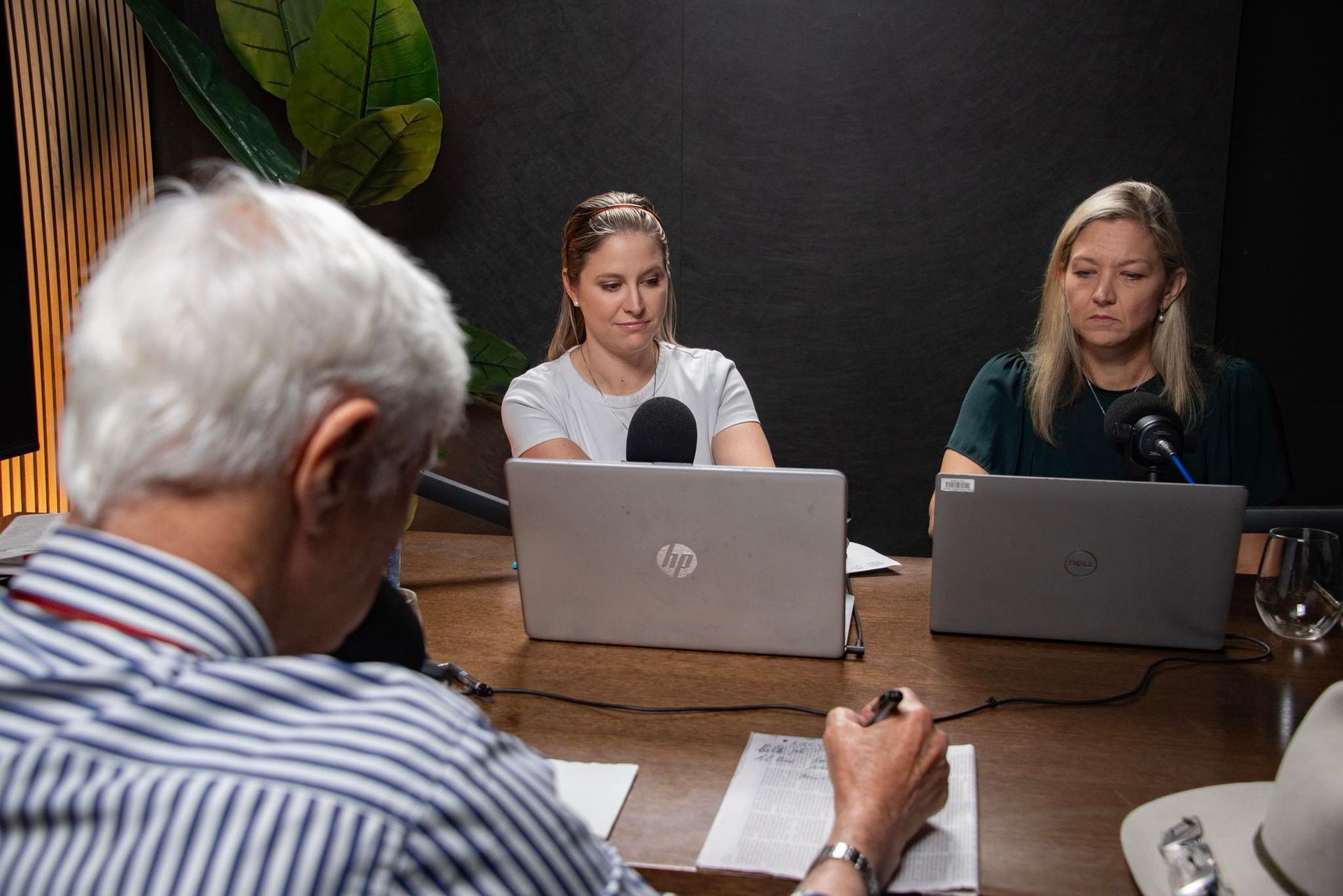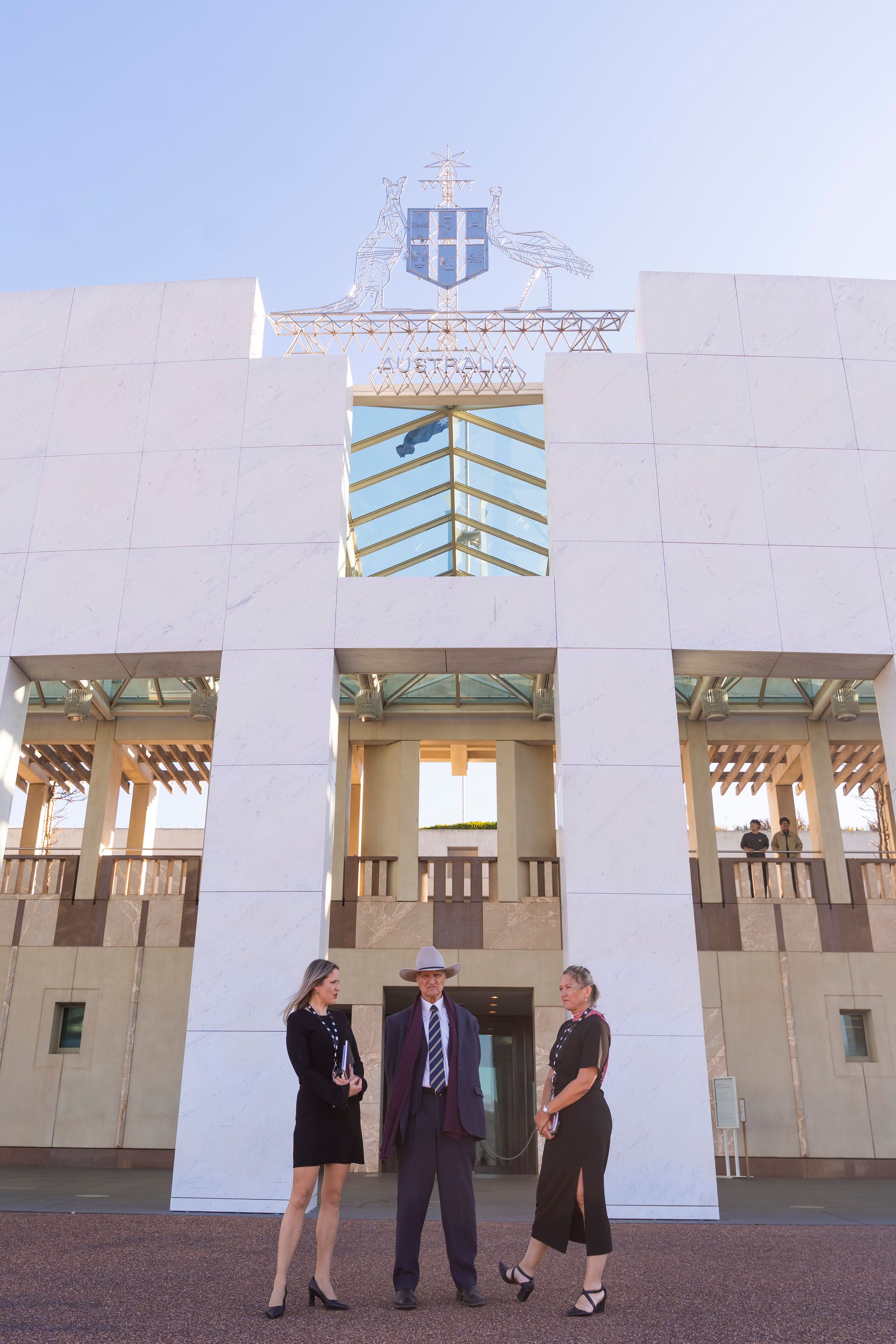Katter’s Kennedy Federal budget wrap - 2024
KATTER’S Australian Party MP Bob Katter has expressed his disappointment with the 2024 Federal Budget with very few Kennedy-specific funding allocations announced.
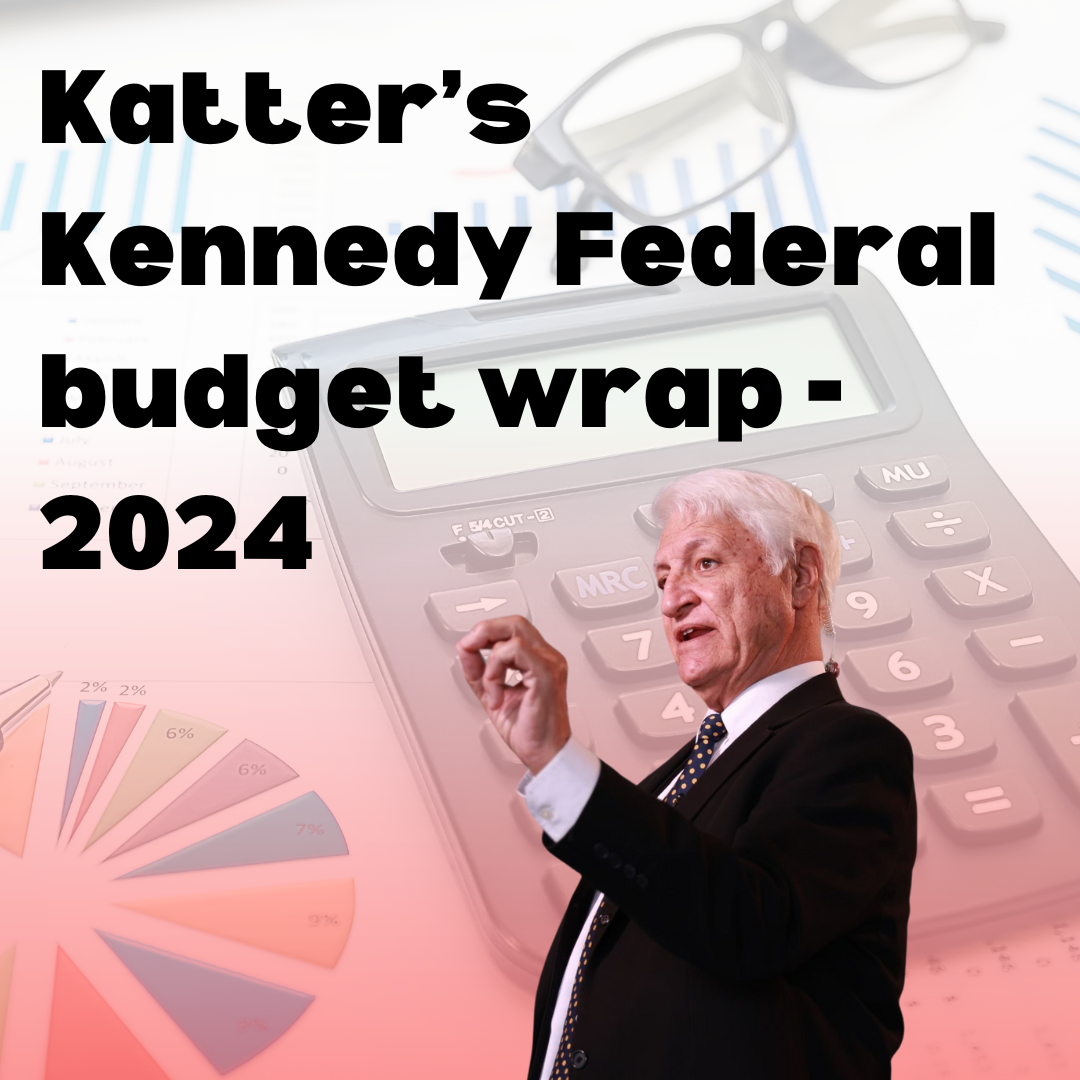
Mr Katter while there were some positives for regional Australia, which would capture Kennedy, the details on funding were few and far between.
He said overall, the budget lacked long-term vision, and critical details towards real actionable initiatives. Instead, there was increased funding for government departments to “improve regulatory compliance, or streamline workforces, or develop new reporting systems.”
He welcomed the parts of the government’s Future Made in Australia fund which provided funding for critical minerals and their processing, as well as “low carbon fuel” such as ethanol, but again, lacked succinct detail.
“The 2024 Budget will do little more than limp the government to the next election, providing no serious reform and offer little more than a few lollies,” Mr Katter said.
Cost of living
- Stage 3 tax cuts – averaging about $36 per week. Plus reduce the 19 per cent tax rate to 16 per cent, reduce 32.5 per cent tax rate to 30 per cent and increase the 37 per cent tax rate threshold from $120,000 to $135,000.
- $300 energy bill relief.
- Waiving $3bn in student debt, or which is less than $1300 for the average student.
“Disappointing that Government has missed the opportunity for real reform to assist families with differing incomes through income splitting options that would allow an income to be split before the tax is assessed between the working parent and the stay-at-home parent.
“Such a measure would reduce the tax burden on families with dependants and allow them to have similar tax burdens, relative to their joint incomes, to those couples that have dual incomes and no kids.
“And for electricity, there should be no reason its costs more than $700 per year, by introducing a Reserved Resource Policy.
Grocery prices
- Government will fund market competition organisation CHOICE for three years to produce quarterly price comparison reports for consumers. First report at end of June.
- For farmers and suppliers, government is looking at making the Grocery Code of Conduct mandatory and introducing penalties of up to 10 per cent of turnover for breaches.
“How giving consumers will benefit from having a ‘choice’ of where they shop based on a quarterly survey is beyond me, and making the Grocery Code of Conduct mandatory, after all the major grocers were already signatories, will do little for suppliers.”
Housing
- Total $32bn housing spend under this government with the latest including $9bn split between each state and territory for social housing, and $1bn for housing infrastructure.
- $19.7m over six years to support housing research, fast-track feasibility studies on the release of Commonwealth land for social housing.
- Commonwealth rent assistance increase by 10 per cent.
“We have the land, we just need a government with a vision that looks beyond further crowding the major cities.
“Again no deadlines on when these social homes will be built, yet nothing to assist the supply of housing in the private sector.”
Defence
- $17.5m over ten years to establish a new Parliamentary Joint Committee on Defence to support increased oversight, transparency, and accountability of the portfolio.
- $186m over four years to reduce the time taken to process veterans’ claims.
- $1bn over three years for long-range firearms, fuel resilience and robotic systems.
- $35m to upgrade ADF bases in Northern Australia – primarily Townsville.
“This is a substantial sum of money and we must make sure we are getting value,” Mr Katter said.
“A clear message must be sent to the world that we are serious about protecting ourselves and our way of living.
“It’s hard to provide such a message when we have successive governments that allows for the foreign acquisition of strategic assets, including our ports, electricity providers, communication networks, banks, airlines, airports and vast tracts of our land.”
“If we are to spend $330 billion on security we should also revise the foreign acquisition strategy and start reclaiming our most important assets,” said Mr Katter.
Roads and transport
- $1bn for the Roads to Recovery Program
- $200m for the Safer Local Roads and Infrastructure Program
- $154m over six years to implement the New Vehicle Efficiency Standard including $84m over five years to establish a regulator and $10m on awareness campaign.
- $101m over five years for remote and regional airstrips.
“I encourage all councils in my electorate to apply for the Roads to Recovery Program, and I’m confident we can secure the funding for the completion of the Hann Hwy, benefiting producers throughout North Queensland.
“As for the vehicle efficiency standard, the government must realise this will impact more than just the people out bush. There are plenty of people in regional cities like Townsville and Cairns, throughout Australia, that enjoy four-wheel drives who will be unfairly punished with this standard.”
Infrastructure
- $2.2bn to enhance connectivity, and increase accessibility and reliability of South East Queensland transport networks.
- A total infrastructure contribution of $21.6bn for Queensland, of that $1.2bn will go to the Sunshine Coast Rail Line, and just $467m for the Bruce Hwy corridor.
- National Water Grid - $174m over six years for new water infrastructure projects.
$592.3 million over five years from 2023–24 for the Paradise Dam Improvement project, the Big Rocks Weir project and the Hughenden Irrigation Scheme has been deferred.
“What a joke! This package is beyond disappointing, it includes nothing ‘nation building,’ nothing that will generate economic growth, nothing that will create more than a few jobs.
“In Kennedy public transport is almost non-existent. We have some of the worse roads in Australia. The only access to the land west of the diving range and literally crumbling. Budget after budget we see more money siphoned from the regions and given to the cities for grandiose white-elephant projects.”
Health
- Previously announced tripling of bulk billing system remains - $3.5bn.
- $17m over the next year to boost support of healthcare in areas of shortage including GPs. ‘
- $2.2bn over five years for aged care, with most going towards administration initiatives including improving regulation and compliance, but including $531m to release 24,100 additional home care packages.
- An additional 29 Medicare Urgent Care clinics.
“This increased funding is applauded. It is hoped that this will ensure those that live outside major cities will have improved access to essential health services.”
Agriculture
- $519m over eight years for the Future Drought Fund initiatives including education and farming practices incentives to boost drought preparedness, online climate tools.
- $1m over two years for a skilled agricultural work liaison pilot to attract graduates to work in agriculture.
- $1.5m to improve accuracy and labelling of plant-based alternative protein products.
- Already 75 per cent sheep gone, 23 per cent of cattle is gone due to deregulations. The wokie green brigade are at it again to please their ideology.
- $107m to help farmers and the supply chain transition away from live sheep exports, yet this package also includes $2.6m to improve sheep welfare standards.
- $32m over four years for programs protecting water security in the Great Artesian Basin.
“Besides some funding for the GAB, and potential funding for actual drought relief, this is again woke ideology running its course, destroying agriculture.”
Energy and Environment
- $5m over the next year for the Great Barrier Reef Marine Park Authority to engage tourism operators to conduct reef monitoring and protection.
- $7bn over four years to Snowy Hydro to support continued construction.
“As for the Marine Park Authority, well the government has already destroyed all our industries out there with Spanish Mackerel bans and gillnet bans so there’s not much left to protect.
“And is it any surprise Snowy is the only power generation they’re funding. While we’ve got 9000mw of baseload power going off, we’ve only got one, delayed, source coming online.
Social and welfare
- $161m over four years to develop and implement a National Firearms Register. “Once established police will know where firearms are, who owns them and what the risks are.”
“To be disarming people while crime is at all time high is unconscionable.”
- $288m over four years to support the delivery of the Digital ID system.
“May I just remind our government how unreliable digital systems are; with traditional banking, how often would a bank get robbed? Hardly ever, now with digital banking there’s problems every week with hackers.”
- · $1.1bn over four years to pay superannuation on Paid Parental Leave.
“I support this incentive.”
Telecommunications
- $150m for the Black Spot Program
“We must urge all councils to apply for the money. The more requests that go in the better.”
Education
- $88m over three years for 20,000 new fee-free training places through TAFE.
- $5.3m over two years for the Good to Great Schools Australia Pilot program which claims it will benefit outer regional and remote schools to lift their education outcomes.
Other
- $48m over the next year for ASIC to sustain operational activities and “enhance its core capabilities.”
- $35m to the Director of Public Prosecutions to strengthen capacity to undertake criminal prosecutions.
Support
- $14.2m over two years to improve community safety in Alice Springs and surrounds.
“Why can’t we then get money to solve North Queensland’s crime problem with outback camps – relocation sentencing.”
- $1bn over five years to address migration backlogs, which includes $115m over four years to establish two migration hubs dedicated to hearing migration and protection matters, currently before the courts.

